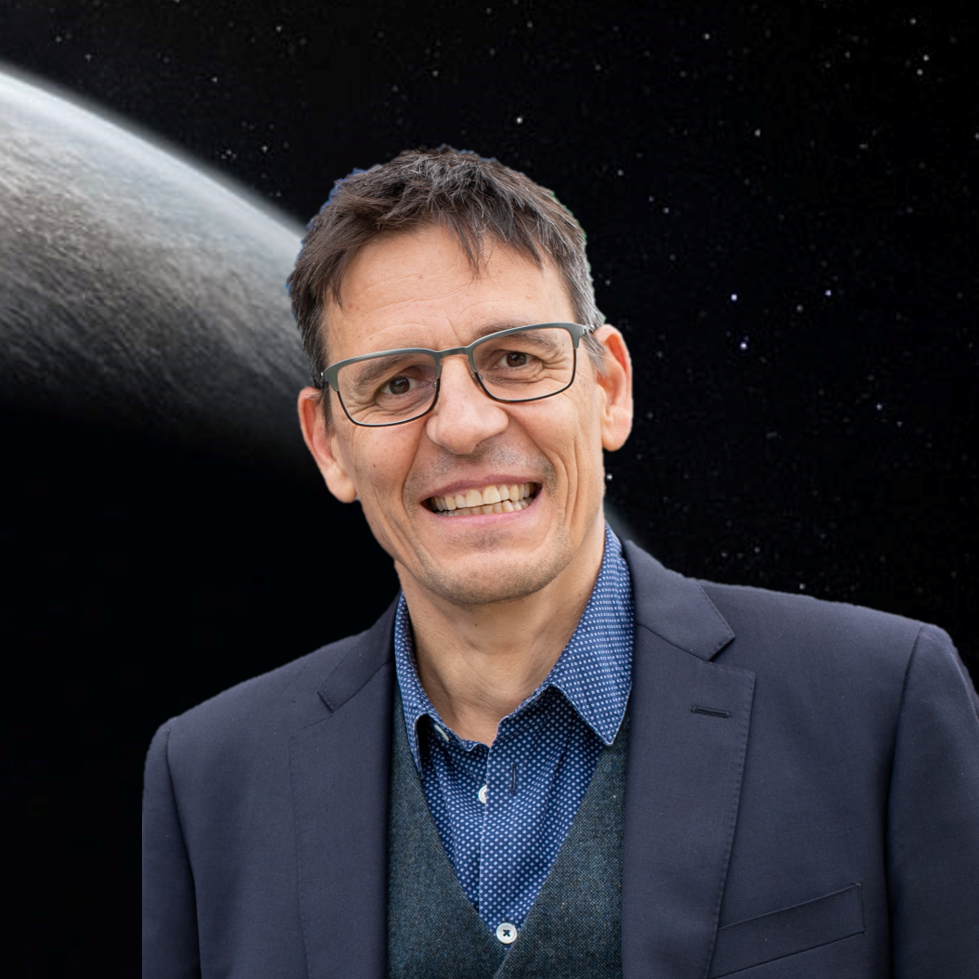Didier Queloz

Didier Queloz
2019 Nobel Prize in Physics
After being the first to discover a planet orbiting a sun-like star outside of our solar system, the only emotion Professor Didier Queloz felt was stress. He was quickly met with the mammoth task of defending his work to the scientific community while still in the early years of his career. In the face of naysayers, Prof Queloz took comfort in the fact that, when it comes to science, accurate data and facts cannot be denied.
While pursuing his PhD, Prof Queloz and his supervisor, Professor Michel Mayor, changed the way scientists think about the planetary systems when they were the first to find and confirm the existence of an extrasolar planet, or exoplanet. Although the planet is uninhabitable due to its surface temperature of about 1,000 degrees Celsius, its announcement in 1995 kickstarted a race to find other exoplanets. Over 4,000 have been located, many by Prof Queloz himself, with incredible variety among them.
Over the course of his almost-three-decades-long career, Prof Queloz has taken part in the first space mission dedicated to exoplanet research; started the Characterising Exoplanet Satellite, or CHEOPS, project to launch a satellite to study known exoplanets; and developed better instruments and techniques to detect exoplanets.
In his collaborations with different researchers, Prof Queloz has experienced the ‘magic in science’—where knowledge, mathematics and curiosity help bring people from different cultures together and dissolve boundaries. He believes all scientists share a love for curiosity and complexity, and when they come together, the whole of their ideas become greater than the sum of their parts.
He shared the 2011 BBVA Foundation Frontiers of Knowledge Award with Prof Mayor and won the 2017 Wolf Prize in Physics, among other honours that also included the 2019 Nobel Prize in Physics. He is currently a Professor of Physics at the Cavendish Laboratory of the University of Cambridge. He also holds a professorship at the University of Geneva.
Today, Prof Queloz has his sights set on the origin of life and is leading the Terra Hunting Experiment, which is an initiative by a group of universities and institutes to find Earth-like planets.

